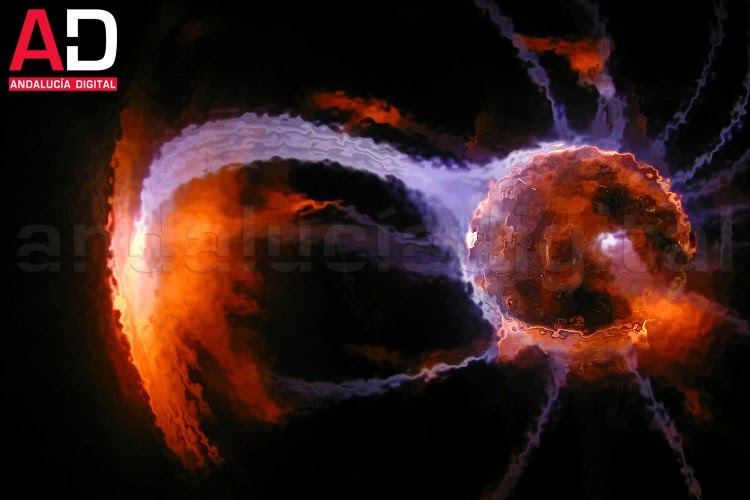Jose Antonio Hernandez | A Global History of Science ~ Montella Digital

As is known, the content of historical novels depends, to some extent, on the situation in which they are told and on the perspective adopted by the writer. This clarity also applies to the history of science. Let us keep in mind that no matter how strict historians are, their “narratives” are influenced by their political, social, moral and religious beliefs, and of course their cultural prejudices.
Remember this evidence is important to assess the importance horizons. A global history of science (Barcelona, Kretica, 2022), a work by James Puckett that shows, explains and shows how stories written ‘during any period’ focused exclusively on Europe.
James Puckett, Professor of the History of Science, admits that today’s scientists are already aware of the international nature of scientific progress, but shows us how to apply it only to twentieth century studies and not to “something that began more than five hundred years ago”. It also shows how scientific contributions outside Europe should be part of the “peak” of modern science.
If most historians advocate that “modern science” began in Europe during the sixteenth and eighteenth centuries, it explains how, more than a product of European culture, it was the result of the union of people and research all over the world, like news that arrived in caravans that went Along the Silk Road and information provided by the sailing ships that sailed the Indian Ocean.
She argues that key moments in the global history of science have determined its development and, through her detailed analysis of the most important milestones, shows how the discoveries of new astronomy in the sixteenth century to genetics in the present twenty-first century and the development of modern science is determined by global cultural exchanges .
After researching the four periods in which global changes have occurred that have defined the development of modern science, he concludes that “we are living through another major moment in world history and that scientists from all over the world are at the center of a geopolitical conflict that keeps China and the United States at odds.”
Important, in my opinion, are his detailed analyzes of the three main areas of current scientific research: artificial intelligence, space exploration and climate science. I dare venture that the most important contributions of this work are the instructive clues it offers to historians, journalists, critics, politicians and all citizens interested in science, history and knowledge so that we can analyze the current problems of the various economic, social and cultural spheres, and above all, so that we can discern as far as possible the different paths of the future . I agree with him that a better knowledge and understanding of the “global past” is necessary to answer the question we ask ourselves: Where are we heading?
Jose Antonio Hernandez Guerrero

“Award-winning zombie scholar. Music practitioner. Food expert. Troublemaker.”


/cloudfront-eu-central-1.images.arcpublishing.com/prisa/AHVYMMDSTZDTDBFNZ3LMFUOKNE.jpg)






